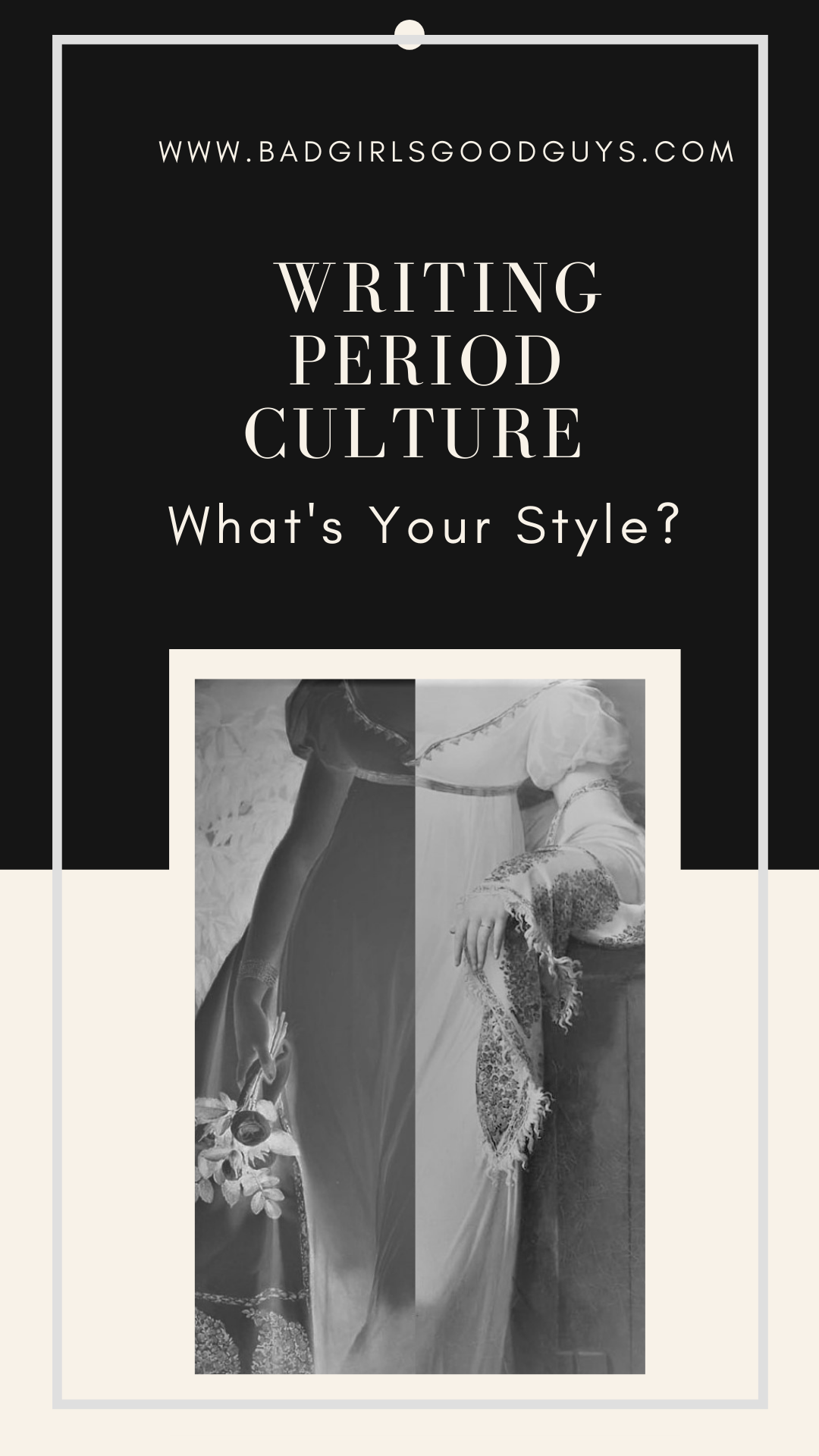Writing Period Culture — What’s Your Writing Style?
Yes, I sat down with my wife and binged Bridgerton. Yes, me, who is the most anti-Austen viewer and reader you could ever meet. But couldn’t tear my eyes away from it. Why? Because all I could think about was how different it’s approach to period culture was to my approach in The Ruby Files.
So, let’s talk about that for our new roundtable.
Let’s get your thoughts on what I’m calling the “Bridgerton model” or “alternate past model” of period culture — the idea of ignoring historical racial and/or societal truths (though not necessarily altogether) to create an integrated world period. (This is not to say it’s a bad thing, just a way of approaching fiction.) Is it effective? Does it have its drawbacks?
Bobby Nash: History is history, both good and bad. When I write a period piece, I sometimes play with those societal truths. When Domino Lady meets The Woman in Red, for example, I make it a point to showcase the obvious “boys club” mentality of the police officers Peggy Allen works with and how they view her as less of a cop than they are, even though she’s a better detective than anyone around her. When she teams up with a detective who recognizes her analytical mind, he is quick to partner up with her and solve murders. He takes the ribbing from “the guys” for it, but to him, it’s worth it to close cases and get justice for the villains. As for Peggy, she knows that her male partner will get all of the credit, all of the promotions, and all of the attaboys, but she accepts it because it allows her to do the job she wants to do. She’ll change their minds about her, hopefully, with each case they solve. In that case, the societal norms of that time period play into it. With Lance Star, it is not as prevalent because we’re focused on the weird and wacky action going on around them and less at the real world of that era. I say, do whatever works for the story you want to tell.
Nancy Hansen: I don’t mind watching or reading something that sort of transcends actual historical fact as long as it’s done well and believably, because I consider it a altiverse version.
Bill Craig: As a writer who has been complemented for using an authentic voice for a rough period in the 1960’s and the early days of civil rights. I used old terms that are highly offensive today, but were period-accurate for the time. Ignoring history does nothing to improve the story.
Sean Taylor: I can certainly see the appeal of that, particularly in something that’s clearly a fantasy (like Carnival Row, for example), but for something that the historical setting is vital to the plot and story, I prefer to start with the history and work from there. The biggest drawbacks I can see are when a creator is trying to create a historically accurate work and then muddles up the cultures because of a need to be diverse and gets called out by astute readers or critics. But, it still doesn’t make it wrong, but it does create a sort of fantasy world or an alternate history in my eyes.
Read more: https://seanhtaylor.blogspot.com/2021/02/writing-period-culture-whats-your-style.html
https://seanhtaylor.blogspot.com/2021/02/writing-period-culture-whats-your-style.html

